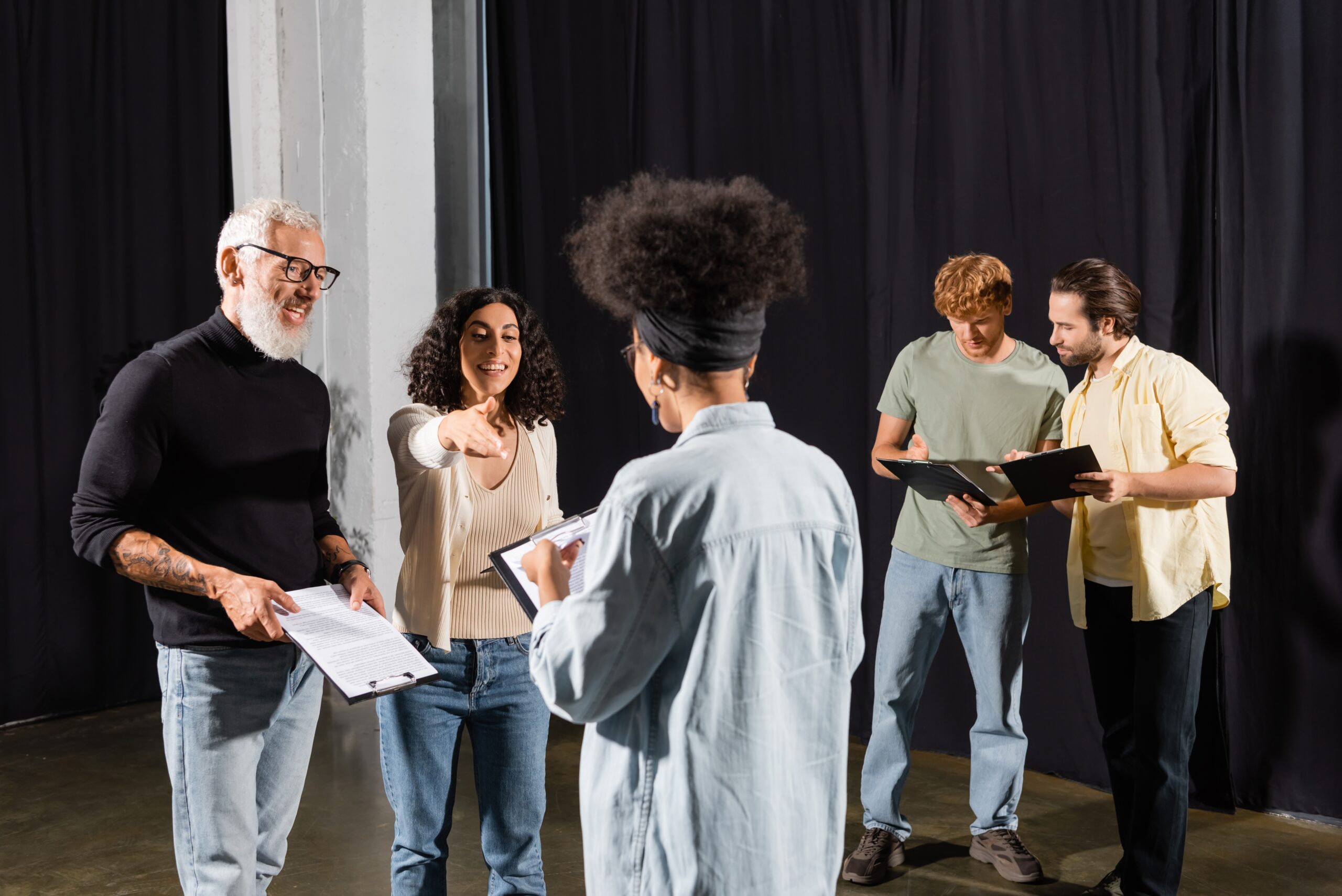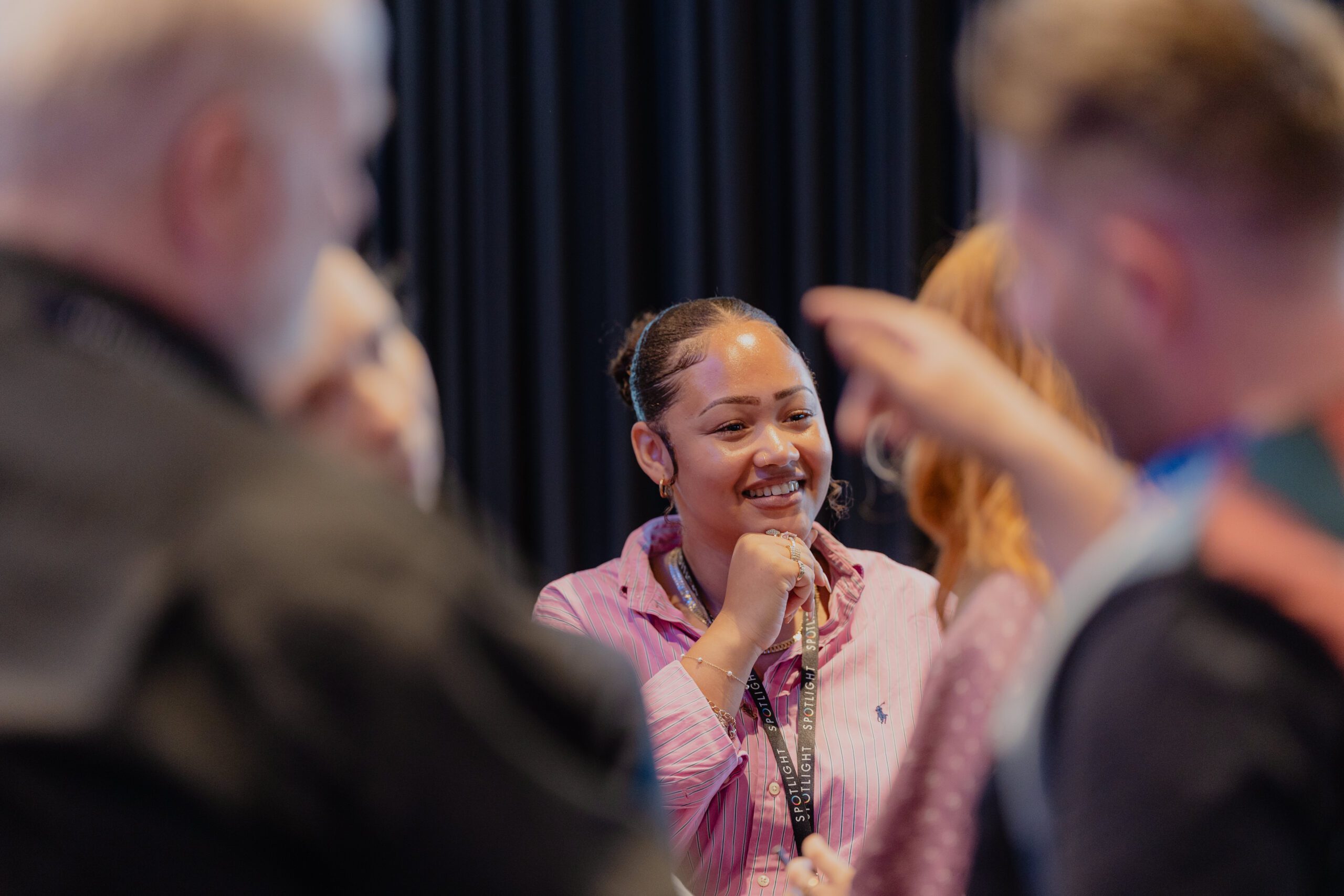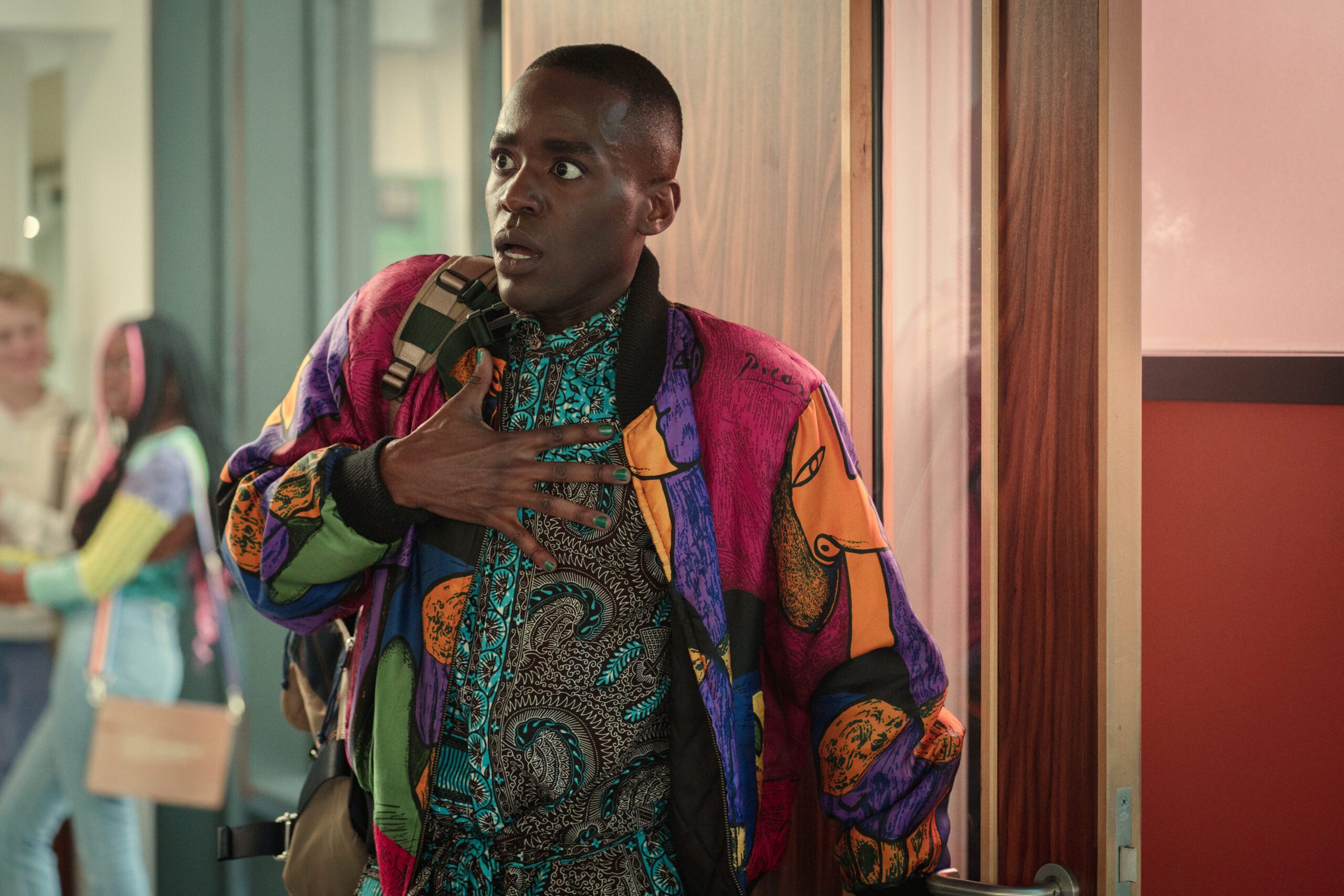Learn how to build a creative and collaborative partnership with writers and directors as a performer.
Collaboration lies at the heart of every successful stage or screen production. Whether you’re an actor, singer or writer, learning how to work effectively with writers and directors is an essential skill that can elevate not only your performance, but the entire project. After all, no matter how talented you are as a performer, your work is always part of a larger team effort. Writers craft the story, directors shape the vision, and performers bring it all to life. When these relationships work well, they can result in award-winning classics that stand the test of time. When they don’t, even the best material or most talented cast can fall flat.
At the Off-West End Awards 2025, we asked award-winning performers, nominees, and other industry experts for their best advice on building productive, creative partnerships with writers and directors. Drawing on their experiences, they shared six essential tips for forging effective collaborations. Whether you’re just starting out or looking to strengthen your working relationships, these insights can help you become a more valued ensemble member and a more fulfilled artist.
Here’s what they shared:
1. Be an Active Collaborator
Performer Christian Vit (Vikings: Valhalla, FBI) highlighted the importance of truly engaging with your creative team. “Listen to them [and] try to work with them to be an active part of the process.”
Being an active part of the process means being more than just a participant who shows up on time and knows their lines. You should try to approach every rehearsal with curiosity and attentiveness. Don’t just follow their instructions – bring your ideas and energy to the table too.
For example, if a director asks you to try a scene in a way that feels unfamiliar, don’t resist this instruction because you wouldn’t have chosen it in their place. Try it fully, and you’ll either have your eyes opened to a new way of approaching your character or scene, or you’ll have questions and suggestions that you can voice during a creative exchange.
Being present and open-minded allows you to build a strong synergy with writers and directors, ensuring that everyone’s vision aligns and the project benefits from shared insight.
2. Put the Story First
Writer and performer Arturo Luíz Soria reminded us that creative egos should never get in the way of a great idea. He said, “If the idea is better for the story, then that’s the idea that we go with.”
This advice is crucial in an industry where personal interpretation and creative pride can sometimes lead to tension. It’s natural to be passionate about your character and acting choices as a performer, but the ultimate goal should be to prioritise what serves the story best, even if it means letting go of your own preferences. Ultimately, it’s about making decisions that strengthen the narrative of the project and the audience’s experience.
3. Stay Open to New Perspectives
Performer Sara Jane Harvey advises performers to welcome feedback and fresh viewpoints: “You’d be surprised, sometimes, with a different eye, different lens, what it can do to a story.”
Writers and directors often bring their own unique backgrounds, tastes and sensibilities to a project. As a performer, it’s vital to stay receptive to their input and the interpretations of your fellow cast members. Sometimes, another person’s insight can unlock an aspect of the character or story that hasn’t been considered.
However, Sara also stresses the importance of staying true to your vision. “Have integrity to your story. Don’t change it just because of what people are pulling you to.”
True collaboration is about finding the balance between openness and artistic authenticity. Accept and test out new ideas, but don’t fully abandon your own artistic instincts if you genuinely believe in them.
4. Don’t Be Afraid to Challenge Ideas
Writer and performer Emily Woof encourages creatives to embrace constructive debate. “Don’t be afraid to argue about it. Really make sure you get it right. Ask the most difficult questions. Don’t settle for anything that isn’t absolutely how you want it.”
Challenging ideas respectfully can be what drives a project to greatness. If something feels unclear, inconsistent or untruthful about a scene or character, you should feel free to raise it. Doing so respectfully doesn’t signal stubbornness or arrogance – it shows your commitment to the project.
However, remember that challenging ideas is about the project, not personal conflict. Phrase your questions and feedback constructively and helpfully. Instead of just saying, “I don’t like this line,” try saying, “I’m having trouble connecting this line to my character’s motivation. Can we discuss it?”
5. Connect with Directors on a Human Level
Singer and performer Monica Salvia believes that finding the right director is about more than just professional compatibility. “Find a director that you connect with empathically,” she said. “They need to understand your psychology.”
A strong, empathetic relationship with your director can foster trust, creativity and more authentic performances. Directors are tasked with unifying the vision of the piece and guiding performers to their best work, but the process is deeply personal. When you feel that a director understands your process, values your input and respects your boundaries, you’re more likely to take creative risks and produce your best work.
Building this relationship takes time and intention. Take the opportunity to connect with your director, not just about the work, but as people. Share your process, your concerns and your excitement. The more you understand each other’s styles, the richer your collaboration will be.
6. Have Confidence in Your Unique Voice
Call the Midwife and Fantastic Beasts star Victoria Yeates urges performers to remember to value their perspective: “Your perspective is going to be completely different to their perspective, and so it needs a voice. Just have the confidence to give your opinion.”
In an industry built on collaboration, it can be tempting to defer to others, especially if you’re less experienced. But your unique background, instincts and ideas are what make you a valuable member of any creative team. Directors and writers rely on performers to bring new life and insight to their work. Don’t be afraid to speak up to offer suggestions or question established choices.
Confidence doesn’t mean being inflexible or domineering – it means trusting that your contribution matters. Contributing your unique insights can lead to a richer, more collaborative creative process.
Overall, working with writers and directors is about more than following instructions. It’s about communication, respect and collaboration. By staying engaged, prioritising the story, balancing openness with integrity, welcoming debate, building empathic relationships and confidently sharing your views, you’ll help create dynamic, memorable productions and grow as a professional performer.
Each production is a new opportunity to learn from your collaborators, challenge your own abilities and contribute to something greater than yourself. Whether you’re working on a small Fringe show or a major film, these six tips can help you become not just a better performer, but a better teammate and artist.
Take a look at the News & Advice page for more video interviews and acting advice for performers.





